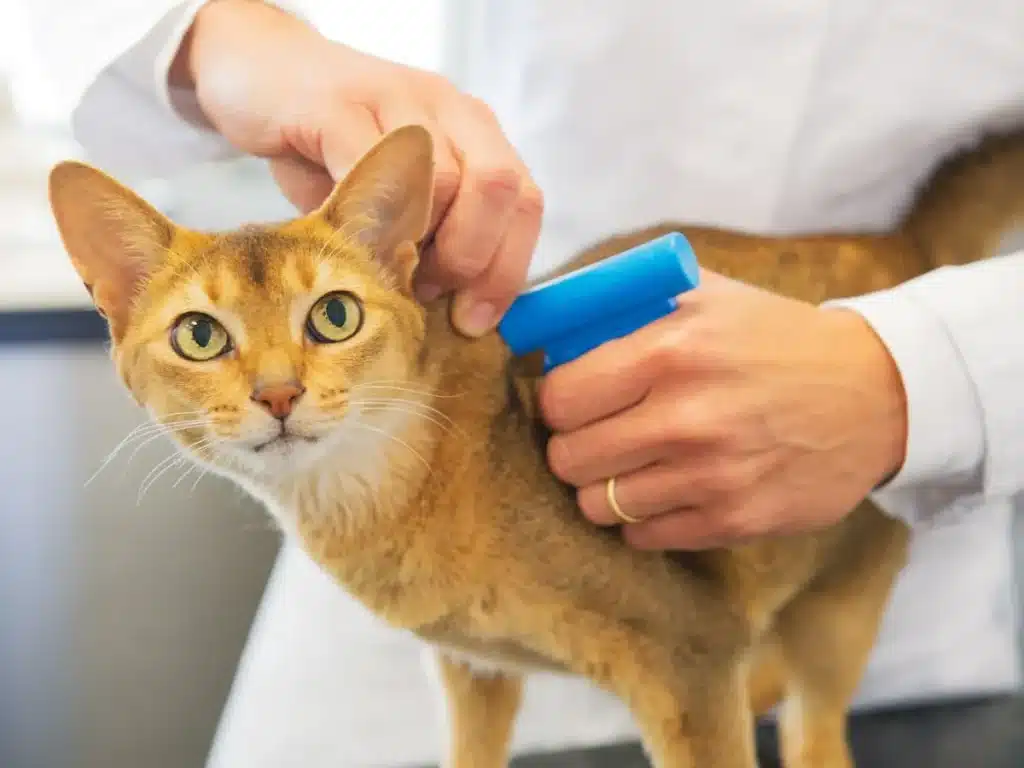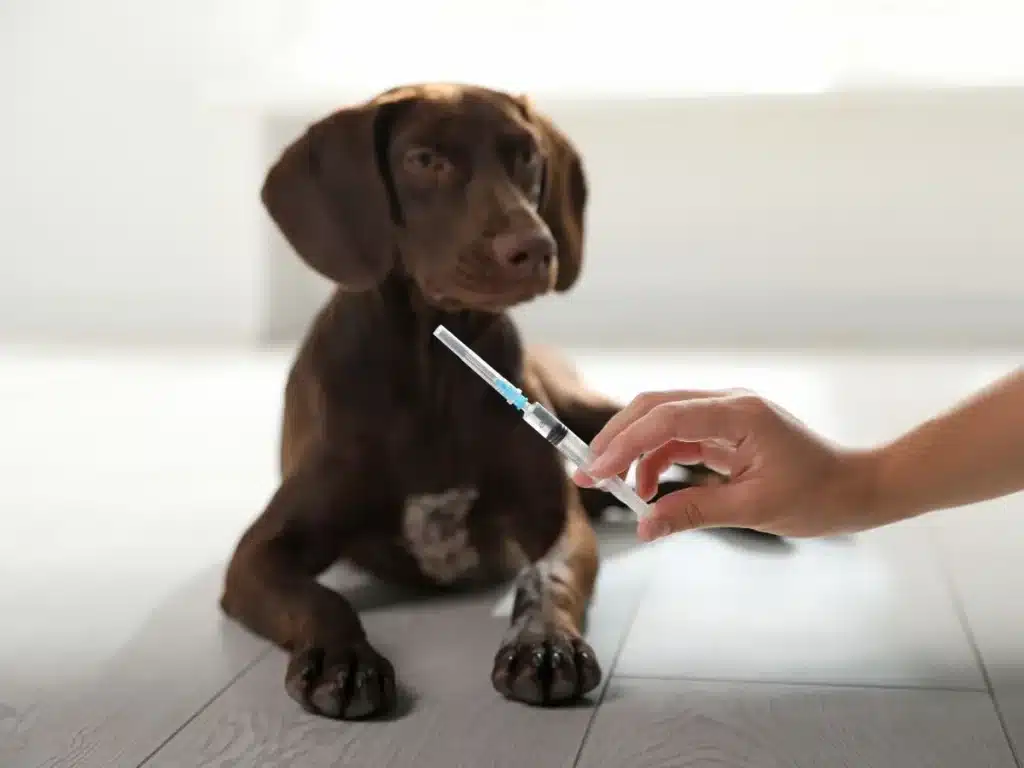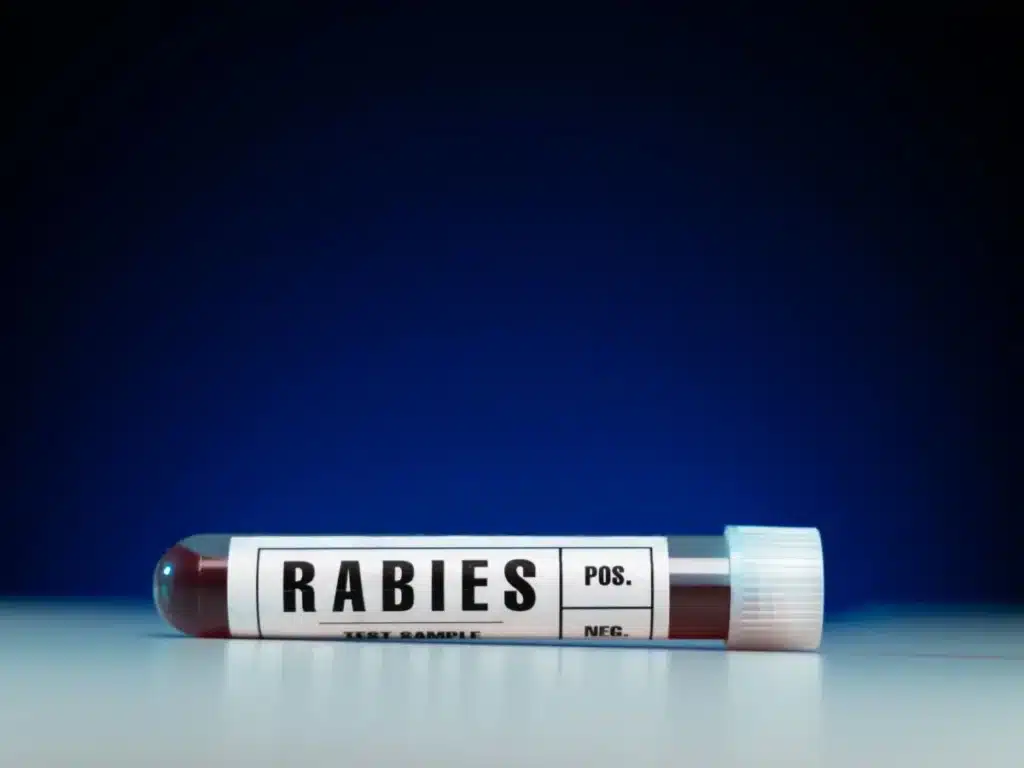Relocating your pet to New Zealand can seem like quite the undertaking at first glance. However, with careful planning and time to navigate all the necessary import requirements and arrangements, you can ensure a smooth and successful transition for your furry friend.
New Zealand has a strict biosecurity regulation to ensure that pets are protected from exotic diseases or essentially any important disease that is not present in New Zealand already. You can bring your dogs, cats, or other pets into New Zealand only if you meet the New Zealand Government’s pet import requirements. New Zealand’s Ministry for Primary Industries (MPI) allows entry to dogs and cats only from approved countries or rabies-free countries. Moving your pet to New Zealand involves careful planning due to the steps involved in the process. Here’s the step-by-step guide to the pet import process to New Zealand.
Identify Your Country’s Category
New Zealand has classified countries based on their rabies risk status, and the rules for bringing in dogs and cats vary accordingly. The initial step is to find out the category of the country from which your pet is originating. Approved counties are divided into three categories:
Category 1: An import permit is not required for pets arriving from these countries. After your pet arrives, they need to undergo an inspection but won’t be placed in quarantine if all the import requirements are met.
Category 1 countries are Australia and Norfolk Island.
Category 2: Pets arriving from the following countries need an import permit to enter New Zealand. They will be subject to post-arrival inspection and sent to the quarantine centre for at least 10 days.
Category 2 countries are Bahrain, Barbados, Falkland Islands, French Polynesia, Fiji, Guam, Hwai, Iceland, Japan, Mauritius, New Caledonia, Pacific Islands, Singapore and Vanuatu.
Category 3: The following counties have rabies absent or well-controlled. Pets from these countries need an import permit and must be quarantined for 10 days after arrival.
Category 3 countries are Argentina, Austria, Antigua and Barbuda, Bahamas, Balearic Islands, Belgium, Bermuda, British Virgin Islands, Brunei, Bulgaria, Canada, Canary Islands, Croatia, Czech Republic, Chanel Islands, Chile, Cyprus, Denmark, Estonia, France, Finland, Germany, Greece, Greenland, Gibraltar, Hong Kong, Hungary, Isle of Man, Italy, Ireland, Israel, Jamaica, Kuwait, Luxembourg, Latvia, Lithuania, Macau, Malaysia, Malta, Monaco, Montenegro, Netherlands, Northern Mariana Islands, Norway, Poland, Portugal, Puerto Rico, Qatar, Reunion, Serbia, Seychelles, Slovakia, Slovenia, South Africa, South Korea, Spain, St Kitt and Nevis, St Lucia, St Vincent and the Grenadines, Sweden, Switzerland, Taiwan, Trinidad and Tobago, United Arab Emirates(UAE), Uruguay, USA, and Virgin Island(USA).
Note: Pets travelling from non-approved countries cannot travel directly to New Zealand. They must travel from an approved country and stay there for at least six months. Pet owners can then start the process to the New Zealand with the valid import permit.
Microchipping
It’s mandatory for all pets to have a microchip implanted that meets ISO standards. Make sure your vet scans the microchips and notes the number before any medical procedures or check-ups. The rabies vaccine should be administered after the microchip is implanted. Keep the documentation, as you will need to provide proof of when the microchip was implanted and verified by the vet. Remember that all your pet’s documents must include the microchip number.
Vaccination, Tests And Treatments
Vaccinations
Pets travelling to New Zealand must be vaccinated against rabies and other common feline and canine diseases. The vaccination record must be maintained in the pet health certificate. Pets that are travelling from Australia and Norfolk Island, i.e., category 1 countries, do not require a rabies vaccination. Dogs travelling from Category 2 and 3 counties need routine quarantine vaccinations, including canine distemper, infectious canine hepatitis, canine parvovirus, canine parainfluenza, kennel cough, and canine influenza. Cats from Category 2 and 3 countries must be vaccinated against feline calicivirus, feline panleukopenia, and feline rhinotracheitis. Pets travelling from category 3 countries need a rabies vaccination.
Health Test for Dogs
Dogs moving from Category 2 and 3 must be tested for the following canine diseases by a government-approved vet.
Canine Heartworm: Dogs six months or older must have an enzyme-linked immunosorbent assay (ELISA) test for canine heartworm at least 30 days before travelling to New Zealand. Dogs must be treated with a registered product for the prevention of heartworm 4 days before the departure or be up-to-date with a sustained injection (ivermectin, milbemycin, selamectin, or moxidectin) for heartworm prevention according to the manufacturer’s instructions.
Babesia canis and Babesia gibsoni: Dogs travelling to New Zealand must undergo a test for Babesia using either an immunofluorescence antibody (IFAT) test or an enzyme-linked immunosorbent assay (ELISA) test. If you use a PCR test for babesiosis, your dog must have a negative result on two samples collected 30 days apart, with the second sample collected in the 16 days before travel. The Babesia canis test is only mandatory for dogs who have travelled to or resided in South Africa. Dogs with a positive result for Babesia gibsoni are not eligible to travel to New Zealand, regardless of treatment received.
Leptospirosis: Dogs must be treated with doxycycline for at least 14 straight days or have a microscopic agglutination test (MAT) with a negative result in the 30 days before travel. If your dog has a positive result, your dog must be treated with doxycycline.
Brucella canis: Dogs need a rapid slide agglutination test(TAT) or cytoplasmic agar gel immunodiffusion test (CPAg-AGID) for Brucellosis and produce a negative result in the 16 days before moving to New Zealand. Dogs diagnosed with Brucella canis are not eligible for import, regardless of the treatment received. If your dog produces a positive or inconclusive test, you can:
- If the RSAT or TAT is positive or inconclusive, repeat the test using CPAg-AGID within 16 days of travel.
- If the TAT test is inconclusive, repeat it 30-42 days after the first test and 16 days before travel. For entire dogs, pet parents must declare that the dog was not bred in the 44 days before travel unless with a dog of equal Brucella canis status.
Internal and External parasite treatment: Dogs and cats must receive 2 internal parasite treatments 15 days apart before travelling to New Zealand. The first treatment must be given 30 days before flying. The second treatment should be given 4 days before travel. There should be a gap of at least two weeks between the two treatments. There should be a gap of at least two weeks between these two treatments. The treatment must be effective against both nematodes and cestodes.
Dogs and cats must be treated for external parasites twice before moving to New Zealand. The first treatment should be given 30 days before travelling, and the second treatment should be given two days before the travel date, with a gap of two weeks between the two treatments. The external parasite treatment must be effective against both fleas and ticks.
The veterinarian will examine the external genitalia of dogs for canine transmissible venereal tumour(CTVT) before flying to New Zealand.
Rabies Neutralising Antibody Titre Test (RNATT)
The RNAT test determines that the rabies vaccine protects your pets against the virus. It is used to detect rabies virus-neutralising antibodies (level of rabies serum in the bloodstream) after vaccination. The blood sample for the test must be collected 3 to 4 weeks after your pet has received the vaccination (normally we say one month). The RNATT must be performed at an approved lab for not less than 3 months and not more than 24 months before your pet travels to New Zealand. The test must be a fluorescent antibody virus neutralisation test(FAVN) or a rapid fluorescent focus inhibition test (RFFIT) in a government-approved laboratory. The MPI accepts pets with an antibody level of 0.5 IU/ml or more. If your pet produces a lower antibody response, you must revaccinate the pet and retest after 3-4 weeks. It is important to note that your pet must be continuously vaccinated against rabies during the entire process. Check with Ferndale to see if your pet needs a RNATT to travel to New Zealand.
Documentation for Importing Pets to New Zealand
Quarantine Booking
Pets entering from Category 2 and 3 countries must book a government-approved quarantine facility. The booking confirmation is required to process your import permit. The quarantine centres are in Auckland and Christchurch, and pets who require quarantine must arrive in these cities.
Official Veterinarian Declaration(OVD)
Pets travelling from Category 3 need an official veterinarian declaration prepared by the certified vet and endorsed by an official government vet from the country of export. The OVD must include the microchip number, date of rabies vaccination, date of sampling for RNATT, and RNATT results. The OVD must be completed before applying for the import permits.
Import permit
Pets from Category 2 and 3 countries need a permit before importing to New Zealand. You can apply for the import permit online on the MPI website. Ministry for Primary Industries(MPI) requires at least 20 working days to process the permit and ensure that you apply for the permit with enough time for processing and booking flights. Your import document must contain the following information:
-Complete the OVD form(Category 3 countries only)
-Rabies Neutralising Antibody Titre Test(RNATT) report (Category 3 countries only)
-Rabies Vaccination Records(Category 3 countries only)
-Quarantine Booking Confirmation Letter
Check out the MPI for import permit fees.
Health Certificate
After your vet completes all the testing and treatments required to travel to New Zealand, they will provide the health certificate. An official government vet then signs, dates, and endorses the certificate.
Crate Training and Manifest Cargo Travel
Pets flying to New Zealand may only arrive as manifest cargo to ensure pet’s safety. This means you should begin acclimating your pet to their travel crate early and practice crate training.
Conclusion
By carefully following the steps outlined in this guide, you can ensure a smooth relocation for your pet to New Zealand. From identifying your country’s category to fulfilling vaccination and testing requirements, thorough preparation is essential. Remember to start early, gather necessary documentation, and book quarantine facilities in advance. With proper planning and attention to detail, you can embark on this journey confidently, knowing you’ve met all the necessary requirements for a safe and successful transition.
The information provided above is intended solely as a general guide and may not reflect the most current regulations or requirements. Regulations and requirements for importing animals, including dogs, into New Zealand are subject to change without notice. Therefore, while we strive to provide accurate and up-to-date information, we cannot guarantee its completeness or accuracy.
For the latest and most accurate information regarding importation requirements, including any changes or updates, we strongly recommend contacting our shipping team directly. Our team is available to assist you with any questions or concerns you may have regarding the importation process and can provide you with the most current information tailored to your specific situation.
Pet Relocation to New ZealandPlanning to relocate your beloved pet to New Zealand? At Ferndale Kennels, we’re here to ensure their journey is not just safe, but stress-free and comfortable. From navigating New Zealand’s stringent import requirements to providing top-notch care throughout, our team is committed to your pet’s well-being. Let us take care of the details so you can focus on the excitement of starting this new chapter together. Contact us today to discover how we can make your pet’s move to New Zealand a breeze. |
Frequently Asked Question
Can I bring my pet to New Zealand from any country?
No, New Zealand has specific import requirements based on the country of origin. Pets can only be brought in from approved or rabies-free countries.
How long does the import process to New Zealand take?
The import process can take some time, especially for pets coming from Category 2 and 3 countries. We recommend you start the process early to ensure a smooth transition.
Does my pet need to undergo quarantine upon arrival in New Zealand?
Pets from Category 2 and 3 countries may need to undergo quarantine for at least 10 days upon arrival.
What is the cost of obtaining an import permit for my pet?
MPI charges a fee of NZD 268.24 to issue the import permit.









